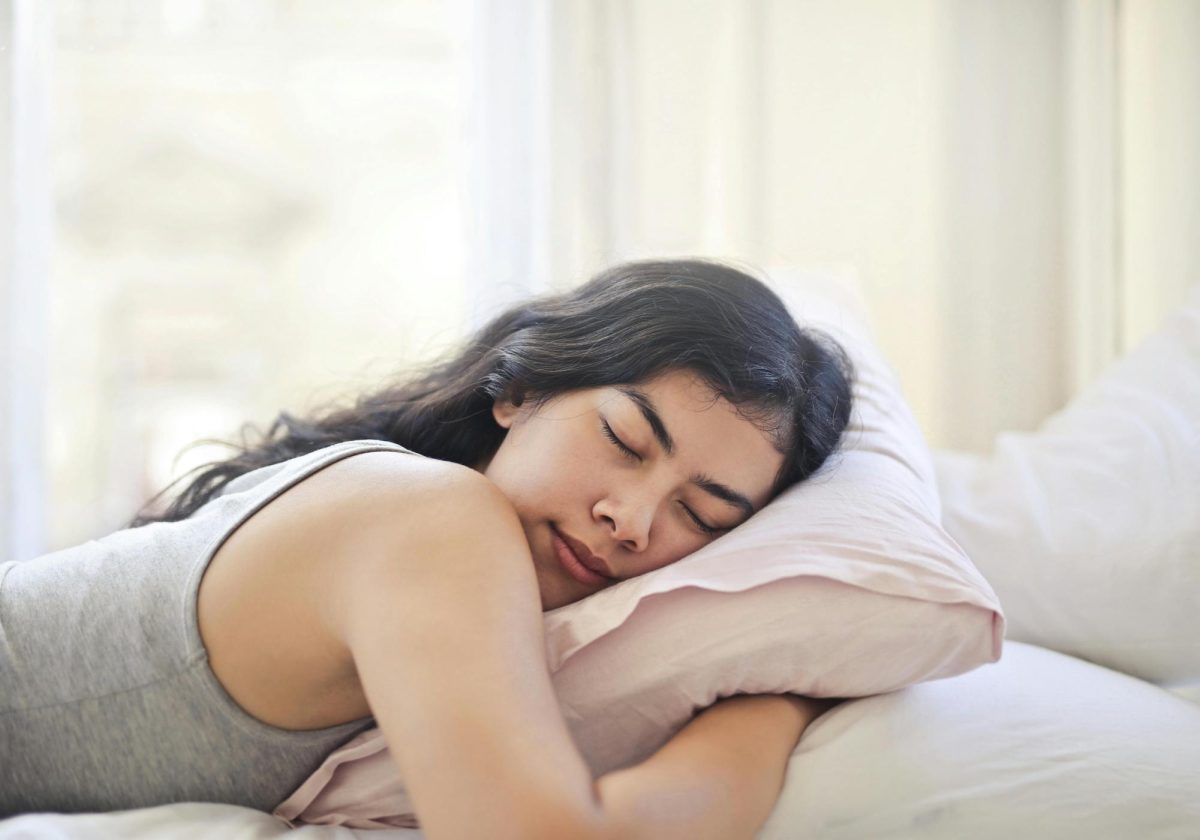Sometimes it’s nearly impossible to get enough sleep. And then the whole week drags. But, there are ways to somewhat fix that. Scientifically, many different elements can keep someone up at night. One of the biggest things is stressing and thinking through the night. While this may seem like something that can’t truly be avoided, there are ways to help relieve some of the chatter.
An effective method to reduce brain chatter is journaling. This can be anything from photo journaling to writing poetry to writing songs to making abstract pieces of art. Something that many people have a hard time recognizing is that there are so many things out there that could help ease your mind. A study done by showed that “…’if you’re looking for a way to relax and to feel calmer and more centered, anything that you engage in fully is good.’ Jill Galsterer, a 2020 WSU graduate in mental health counseling and art therapy, said she suggests to her clients who may be anxious about work or the pandemic to get out a sketchbook and doodle or color before going to bed. ‘It causes your brain to relax, and in turn doing that, it’s an opportunity to sort of switch your brain into more of a meditative state,’ Galsterer said. Communicating personal worries on paper may help clear the mind… ‘it might be easier to turn your brain off if you’re not feeling quite so anxious,'” (httpswww.thesouthend.wayne.edu). Just by doing simple things like doodling or coloring, you can calm your mind a substantial amount.
Another effective method of reducing brain chatter is to reduce technology at night. Studies have shown that “The blue light emitted by your cell phone screen restrains the production of melatonin, the hormone that controls your sleep-wake cycle (aka circadian rhythm). This makes it even more difficult to fall asleep and wake up the next day… even though you may not be on it, the text alerts, game notifications or email buzzes can interrupt your deep sleep” (intermountainhealthcare.org). If people put their phones away and put them on Do Not Disturb, they have a much higher chance of getting good sleep.
The final tip is to take an after-school nap when you get the opportunity. Studies done by Nationwide Childrens’ stated, “A nap of 15-20 minutes in the early afternoon can be beneficial” (www.nationwidechildrens.org). Even a very small nap can be enough to recharge your battery and get you through the end of your day. The important thing is to make sure not to fall asleep for too long. If you sleep for too long, you may struggle to be tired when it’s time to go to bed for the night.
Hopefully, some of these tips and tricks will help you to get better sleep and establish a better sleep schedule. Sleep is so important to both your mental and physical health. You must maintain enough sleep, even when it’s difficult. For teenagers, this can be especially difficult for many reasons, ranging from hormonal changes to environmental factors. But there are some simple solutions to at least assist in the environmental problems.























